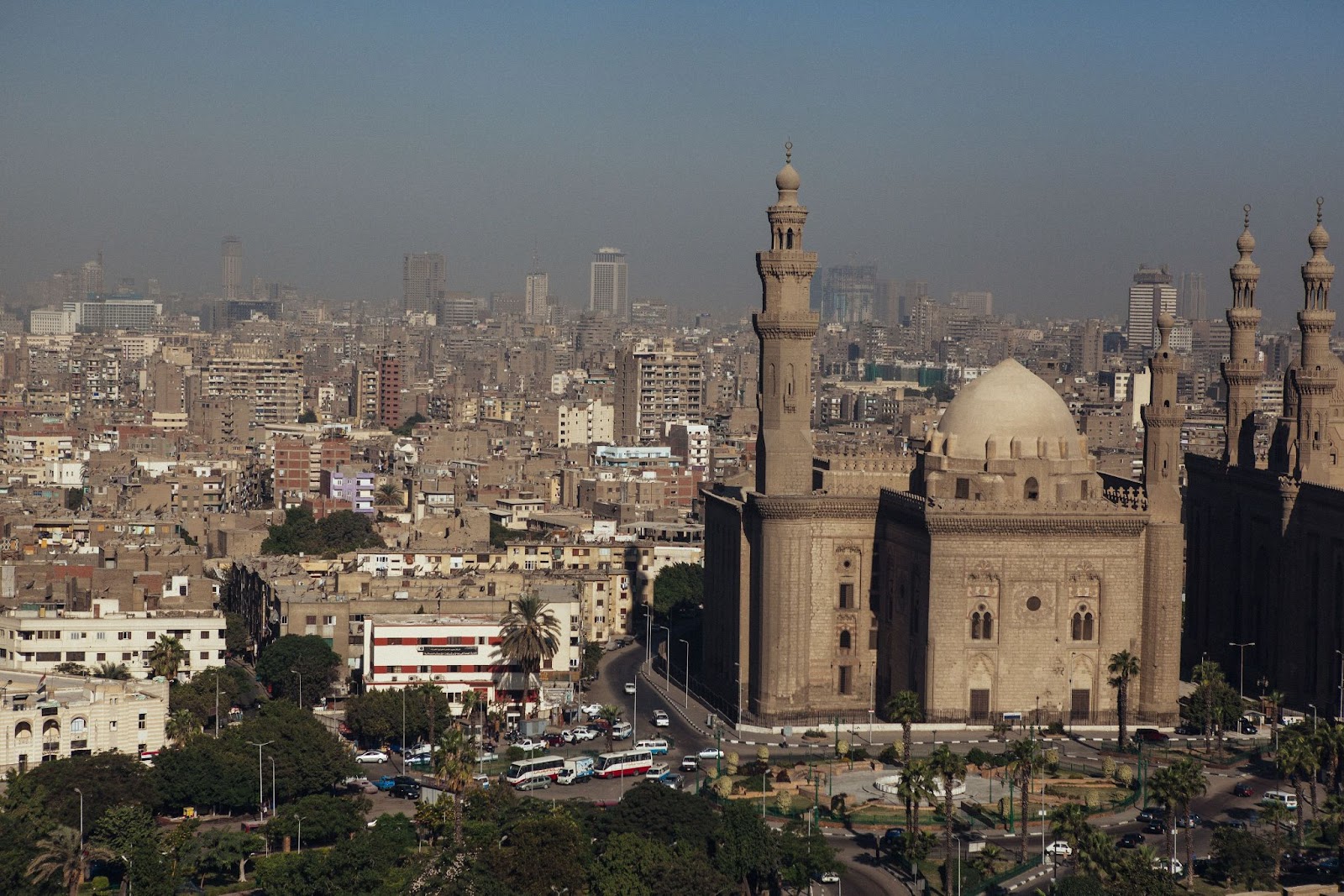The Political and Legal Environment
The foundation of the Egyptian legal system is a blend of Napoleonic civil and criminal law, Islamic religious law (Shariah), and legislation from the colonial era. The written constitution is regarded as the system's supreme law, making the legal system a civil law system.
Inspired by the 2010 Tunisian revolution, Egyptian opposition groups led demonstrations and labor strikes countrywide, culminating in President Hosni MUBARAK’s ouster in 2011. Egypt’s military assumed national leadership until a new legislature was in place in early 2012.
- Egypt’s political stability index score from 1996-2021 is -1.02 ranking 37th in Africa and 164th globally.
- Egypt’s overall Rule of Law Index score decreased by 0.01 to 0.35, ranked 136 out of 139 globally (2021).

- Egypt has a political right index score of 6, placing it at 37 overall and 17 in Africa from weak to strong (1972-2020). It is numerically higher than the average for Africa of 5 points, indicating that it is weaker than normal.
- Abdelfattah ELSISI, a former defense minister, was elected president in May 2014 after voters passed a new constitution in a referendum in January 2014. In December 2015, Egypt elected a new legislature, its first House of Representatives since 2012.
- 27.7% of seats held in national parliament are women, the 70th highest globally and the 15th highest in Africa (2021), slighlty about the 23.44% average in Africa.

Downsides of Political in Egypt
- Egypt has a Corruption Perceptions Index score of 33/100, ranked 117 out of 180 globally, i.e 64th highly corrupt country (2021)
- Egypt’s Human Freedom Score is 4.49/10 with a global ranking of 161 out of 165 (2022) and making it the 5th lowest in the world.
- Its Regulatory Quality Index rating (1996-2021) is -0.51 points, ranked 17th in Africa and 124th globally indicating a very low rating below the global average.


